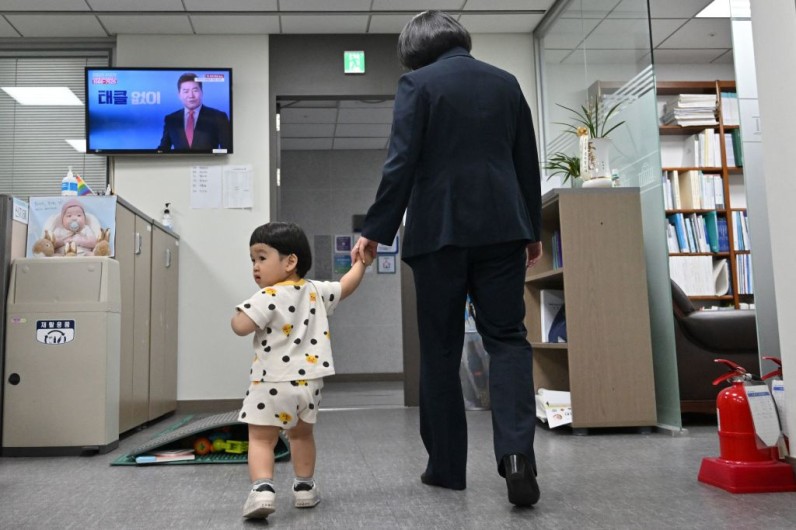
Busan's Saha District in South Korea offers financial incentives to encourage dating and marriage to boost its plummeting birth rates, which currently stands as the lowest in the world.
With South Korea's fertility rate hitting a record low in 2023, falling to 0.72 children per woman, well below the replacement level of 2.1 children needed to sustain the population, the urgency to reverse this trend is being achieved as soon as possible.
According to the South China Morning Post, the initiative is part of a revised budget to foster family formation, providing monetary rewards at various stages of the relationship journey.
How Much South Korea Will Pay to Boost Birth Rates
Under this "paid" matchmaking program, slated to commence with a pilot project in October, couples who agree to date through the district's initiative will receive $ 500,000 won (approximately $360). Should these couples decide to take the next step and marry, they will receive an additional 20 million won ($14,400) as a celebratory gift.
Newlyweds can also benefit from 30 million won ($216,400) for a home deposit or 800,000 won ($577) monthly rent subsidy for up to five years.
Participants between 24 and 43 must reside or work in Saha District and undergo a screening process before being eligible for the program. Initially limited to Korean nationals, the district administration plans to expand the program to include foreign nationals in the future, aiming to build a multicultural community to address ongoing population decline challenges.







Join the Conversation